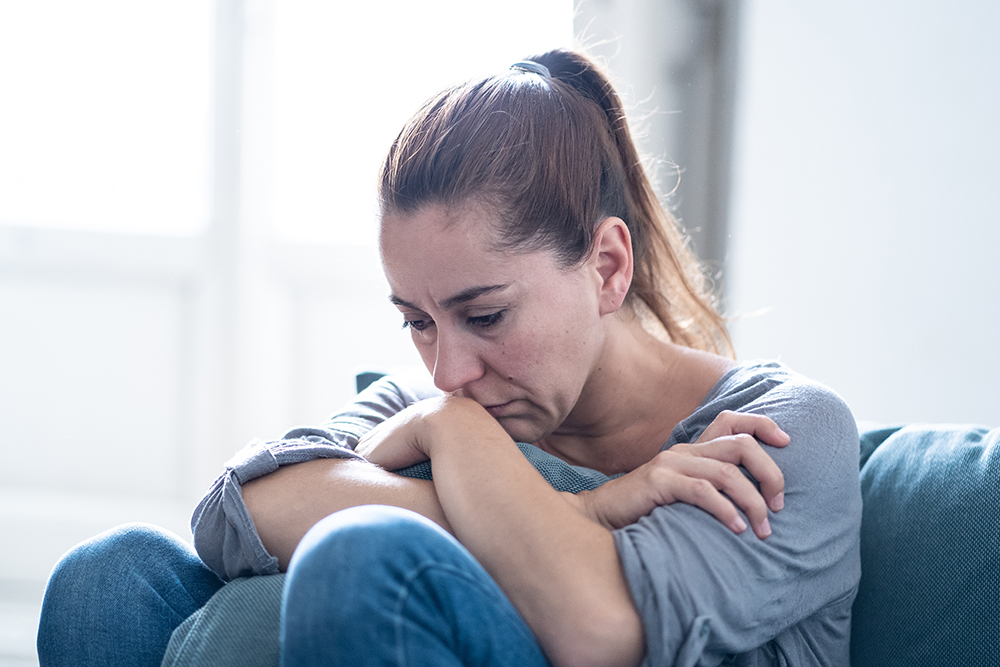
What Are the Three Types of Benzos?
Benzodiazepines, or “benzos,” are central nervous system depressants commonly prescribed to treat conditions like anxiety, stress, insomnia and epilepsy and to sedate people before medical procedures. Since they have a high potential for abuse and addiction, these medications are only available with a prescription.
Let’s examine the three different types of benzodiazepines and their specific characteristics.
Understanding Benzodiazepines
There are three types of benzodiazepines – long-acting, intermediate and short-acting. Short-acting medications tend to be more addictive and have a stronger withdrawal and “come-down” effect. Examples of each type include some well-known brand names you might recognize.
- Long-acting: Valium
- Intermediate-acting: Alodorm
- Short-acting: Xanax
1. Long-Acting Benzodiazepines
Long-acting benzos have a more prolonged effect on the body, making them suitable for conditions requiring extended relief. Their longer half-life means they remain in your system for an extended period, potentially building up over time.
2. Intermediate-Acting Benzodiazepines
Intermediate-acting benzodiazepines strike a balance between their long-acting and short-acting counterparts. Doctors prescribe them to patients who need their medication’s effects to wear off gradually without lasting excessively long.
3. Short-Acting Benzodiazepines
Short-acting benzos provide rapid relief, but wear off quickly. Patients who build a tolerance to a medication like Xanax might take it more frequently, heightening their risk of developing an addiction. Short-acting benzodiazepines’ swift “come-down” effect can also induce stronger withdrawal symptoms.
Symptom Relief vs. Underlying Cause
Benzodiazepines target the central nervous system, effectively reducing the rate of communication between the brain and body. While these medications alleviate symptoms, they don’t address the root causes of conditions like anxiety and insomnia. Consequently, medical professionals emphasize short-term use to prevent patients from building tolerance or becoming overly reliant on these medications.
Evidence-Based Treatment for Benzodiazepine Dependence
Recognizing the challenges that can accompany benzodiazepine use, Recovery Without Walls offers a comprehensive, physician-led detox and treatment program for benzodiazepine addiction. Skilled nurses and recovery coaches will monitor you to ensure your well-being. If intensive care becomes essential, our connections with local inpatient rehab facilities ensure you receive the necessary attention.
Our treatment strategies draw inspiration from the Ashton Method, a globally recognized approach designed to support long-term benzodiazepine users. This approach manages protracted withdrawal symptoms and formulates individualized tapering schedules. For a holistic experience, your ongoing care plan may also include therapy, meditation, acupuncture, massage, exercise and nutritional supplements as appropriate.
While benzodiazepines play a vital role in managing various conditions, it’s crucial to approach their use with caution and awareness. If you struggle with the complexities of benzodiazepine use, Recovery Without Walls is here to help reclaim a life of health and balance. Contact us today to schedule your initial intake call.




